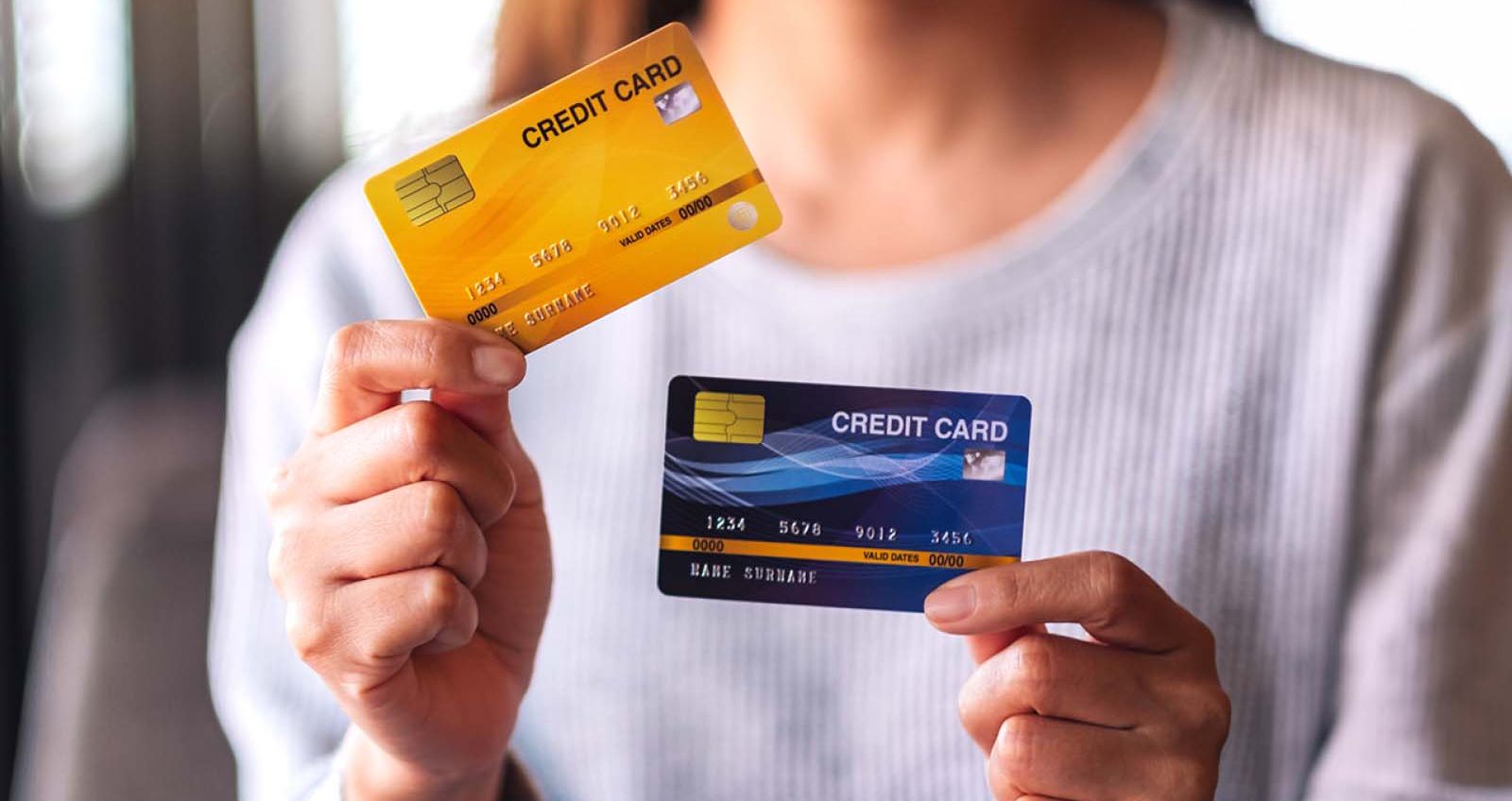Do you know how Secured Credit Card works and what it is?

How to Apply for a Secured Credit Card
You can apply for a secured credit card in the same way that you would apply for a regular credit card. They are issued by nearly all of the leading credit card lenders, like Visa, Mastercard, and Discover, and look just the same.
Cardholders can use the card anywhere that the card brand is accepted and may be eligible for perks and rewards. Cardholders also receive monthly statements showing their end-of-period balances and the activity on the card during the specified month. They’re responsible for paying at least the minimum due, and they pay interest on outstanding balances, which is detailed in the credit agreement.
Secured credit cards may come with an annual fee—like on a regular card. They may also impose a few other charges, like initial setup or activation fees, credit increase fees, monthly maintenance fees, and balance inquiry fees. All these can and do cut into the deposit and the amount of available credit, so they bear examining before signing up.
With secured credit cards, you do put up something as part of your agreement with the card company. When you apply for secured credit cards, the card issuer assesses your credit score and credit history through a hard inquiry with a credit reporting agency. It then determines the amount of deposit needed to open an account and the credit line that will be extended.
How Do Secured Credit Card Deposits Work?
With a secured credit card, the amount of cash that you put down as a deposit becomes your credit limit—the amount you can charge on the card. Since the deposit made to open the secured credit card account serves as collateral, it is not accessible to the borrower once it has been paid, but it stays in reserve.
You can lose your deposit, but usually secured card issuers will use it only if you default or miss a certain number of payments. If you cancel the card, you receive your deposit back, assuming your balance is paid off. Alternatively, some secured credit card providers will review a borrower’s payment history on a regular basis, and will convert a secured credit card into a regular credit card if they regularly meet payments. In this case, you will also receive your deposit back.
Is a Secured Credit Card Good?
Secured credit cards are an expensive way to access credit, but they can be very useful for people looking to rebuild their credit score.
There are other a number of costs involved with secured cards that make them an expensive way to borrow. Secured cards’ annual percentage rates (APRs) tend to be on the high side—often more than 20%—and are currently in line with the national average of 20.68% as of May 2023.
But if you are a secured-card candidate, then your credit score is presumably not the strongest, and you wouldn’t qualify for the best rates anyway. So 20% or more may not be that much more expensive than other forms of credit available to you.
On the other hand, secured credit cards can be great for borrowers looking to improve their credit score. Secured credit cards are aimed at people with a poor credit history or very little credit history—those who would have trouble qualifying for a regular credit card. The deposit that they put up compensates the card company for the extra risk associated with extending credit to them.
How to Build Credit with a Secured Credit Card
Obtaining a secured credit card and then using it responsibly for several months or a couple of years can be a recommended way to establish or improve your credit history and/or boost your credit score. Unlike a prepaid credit card, which functions more like a debit card, a secured credit card will send your account history to the credit bureaus to be included in your credit report.
This means that using a secured card can gradually improve your credit score.
In fact, if you maintain a positive payment history, secured-card lenders may increase your credit limit over time or even offer to upgrade you to an unsecured card (in which case, you can get your deposit back). Maintaining that positive history usually means paying off balances in full each month—and, of course, paying on time. If you miss payments, lenders will report delinquencies to the credit reporting agencies, which won’t do your credit score any good.
Be warned, however, that improving your credit score in this way can do more harm than good if you miss payments. While consumers typically obtain secured credit cards to improve their credit, their credit score can be damaged if any delinquencies arise.
The minimum number of months that using a secured credit card can improve a credit score
Example of a Secured Credit Card
The Discover it Secured Card is one of the most popular secured cards on the market, and is typical of secured cards when it comes to fees and interest rates.
Discover generally accepts borrowers in the “fair” credit category—that is, those with a credit score in the 580–670 range—along with borrowers who have a minimal credit history. The minimum security deposit required to open the account is $200, and the maximum credit limit can be up to $2,500, depending on your income and the ability to pay. After eight months, the account is reviewed to see if it qualifies for transfer to an unsecured card, at which time the borrower’s deposit can be refunded.



